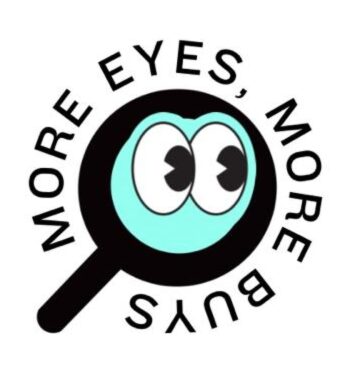
The Department of Justice and Google presented their final arguments in an antitrust case about Google’s advertising technology on Monday.
It is anticipated that U.S. District Judge Leonie Brinkema will reach a decision before the end of the year.
DOJ’s Argument
The Department of Justice says Google has created a monopoly in open-web display advertising with products such as DoubleClick, Google Ads, and AdExchange.
Google dominates the market with 91% of publisher ad servers and 87% of advertiser ad networks.
A 2009 email from former Google executive David Rosenblatt backs up the case against Google.
He talked about the company’s aim to revolutionize display advertising similar to how Google revolutionized search.
Prosecutors are saying that this indicates Google’s intention to dominate the digital advertising industry.
Google deleting internal chat messages is another crucial aspect of the trial.
Google stated that many of the conversations were informal, but acknowledged that a few involved business matters.
Google’s Response
Google is questioning how the Department of Justice defines the advertising market.
The Department of Justice views digital advertising as three distinct markets.
Ad servers
Ad exchanges
Advertiser ad networks
Google says that digital advertising is a type of market that involves both buyers and sellers.
Buyers of digital ads
Sellers of digital ads
Google competes with social media companies such as Meta and TikTok, as well as streaming services, based on that description.
Google says it only has around 10% market share when comparing with its competitors.
Google mentions that it has invested a lot of money in creating technology to match ads.
It believes it should not have to give away this competitive edge to other companies.
Potential Consequences
If Judge Brinkema determines that Google has engaged in unfair business practices, the next phase of the case will focus on finding solutions.
The Department of Justice and the states might attempt to convince Google to sell some aspects of its advertising technology division, which generates billions of dollars in annual revenue.
This case is occurring at the same time as another antitrust case that is focused on Google’s search business.
If that happens, Google may need to sell Chrome browser and deal with additional consequences.
Publisher & Advertiser Impact
The situation shows there are conflicts between Google and its users.
Publishers claim they need to use all of Google’s advertising tools to make more money.
Advertisers believe they have limited ways to reach a wide audience.
Small businesses are concerned about the increasing expenses for advertising.
The government says that Google’s strong position prevents publishers from earning fair revenue because the company takes as much as 36% in commission.
Google says their commission rate is currently 31% and decreasing, which is lower than what their competitors charge.
Looking Ahead
Judge Brinkema is set to release a written decision on the case before the year ends.
The result might establish key rules for applying antitrust laws to online markets.

